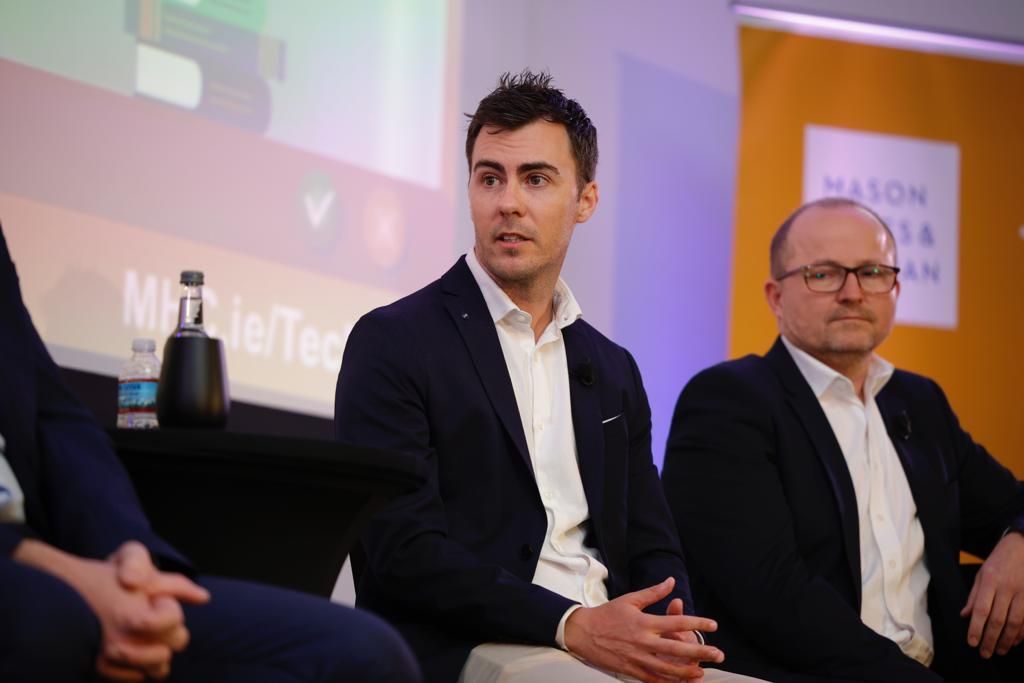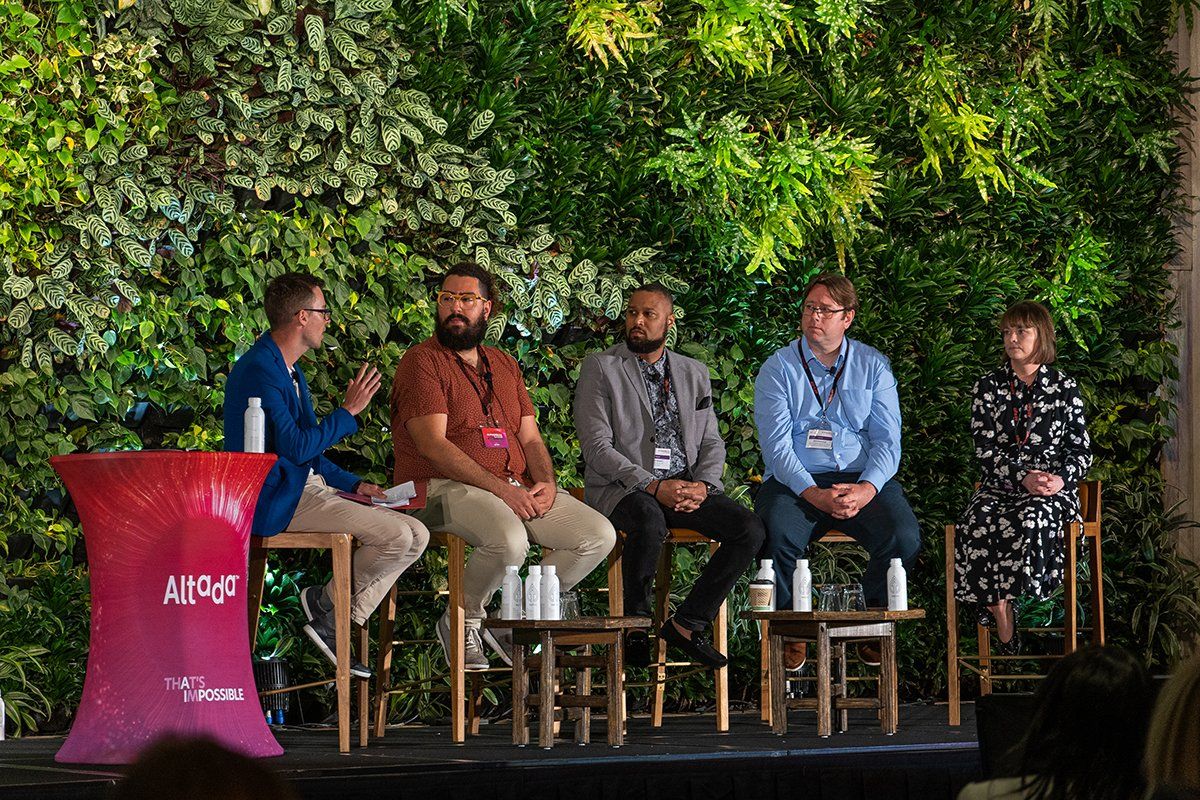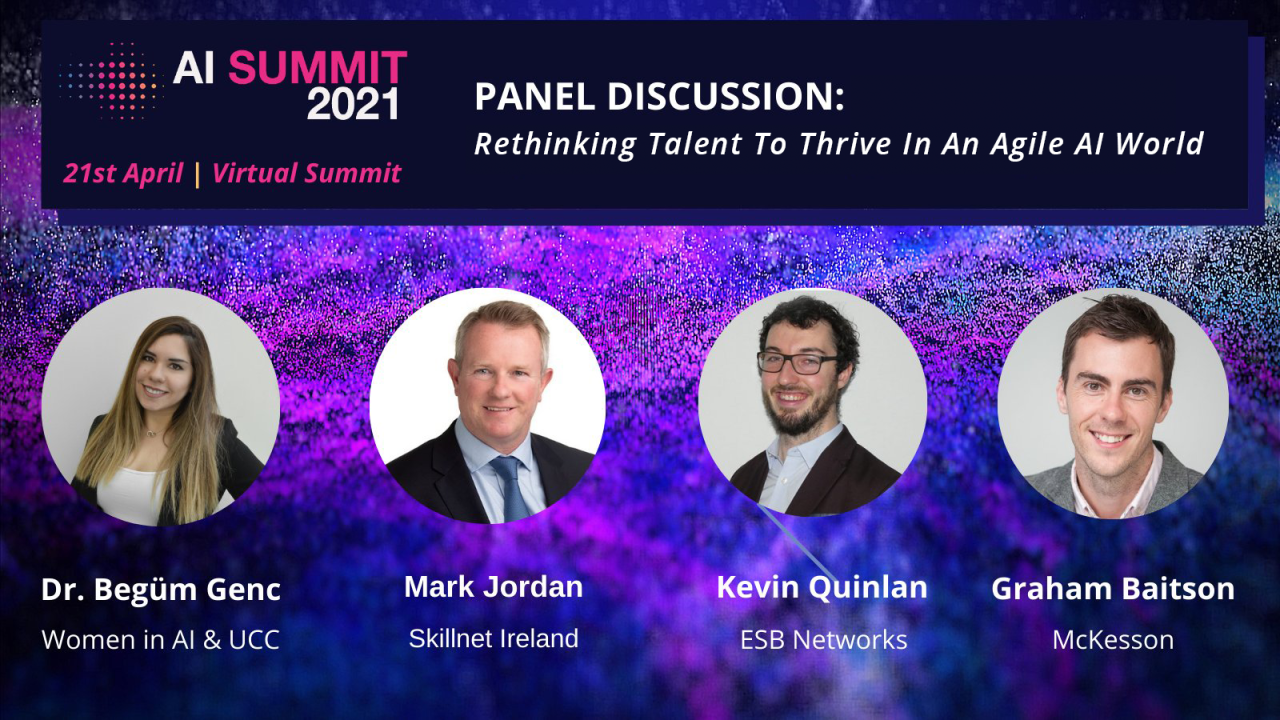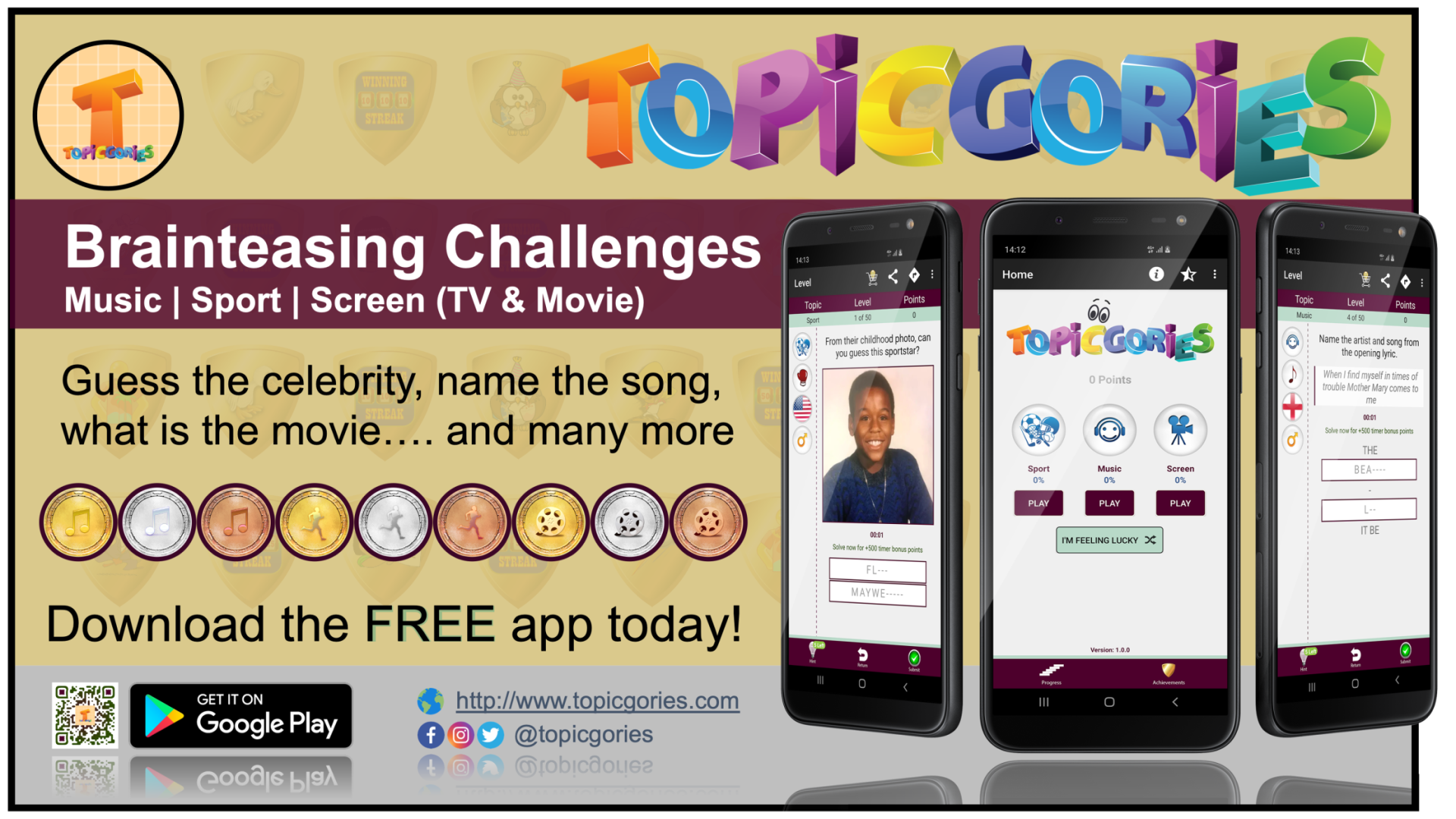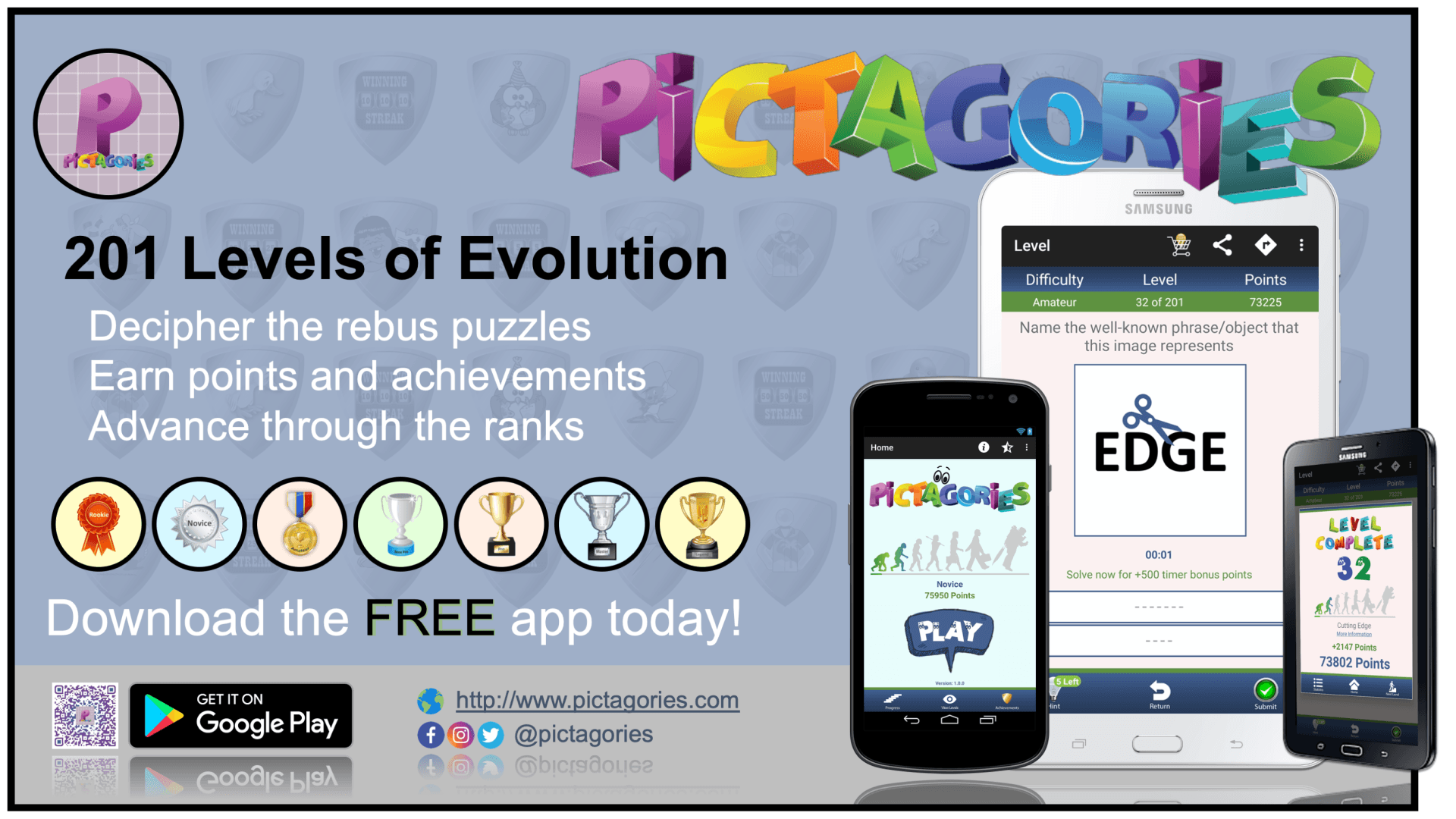Industry Future of AI for Health and Wellness
8 Minute Read - Last Friday, I had the pleasure of speaking at The International John McCarthy AI Summer School Conference hosted by the RDI Hub. During a panel discussion on the “Future of AI for Health and Wellness in Industry in the Short, Medium, and Long Term”, I got the opportunity to discuss how AI is currently being utilised within healthcare, some of the challenges that are being faced within the industry, and also some of the future trends. For those of you who couldn’t join, I put together a quick overview of some of the areas I covered during the discussion.
AI Benefits to the Pharmaceutical Lifecycle
Drug Discovery
One of the main challenges when attempting to discover new treatments is that it's becoming increasingly expensive and competitive with a greater emphasis being put on safety. In Japan, it is said that only 1 in around 30,000 drug discovery projects result in a successful launch (Nippon Shinyaku, 2020). This gives fantastic opportunity to apply AI during the drug discovery phase to add benefits such as:
- Reducing R&D costs while avoiding costly errors, resulting in making drugs more affordable. There is huge savings to be made here as it's said that the cost of discovering and developing a new drug is as high as $2.5 billion dollars (DiMasi et al., 2016).
- Predicting the success rates based on initial screening of drug compounds, as it’s said that only one out of ten molecules entering the trial phase will get successful clearance (Hay et al., 2014).
- Tackling a range of complex problems that are difficult without the advancements in technology. One example of this is AlphaFold; a solution produced by DeepMind that solved a 50 year old biological challenge to understand how protein folds (DeepMind, 2020). As a result, it has also paved the way to understand how to create designer medicines, develop highly nutritious crops, and also create specific enzymes that can break down plastic pollution (The Guardian, 2020).
Clinical Trials
The clinical trials then help to identify any risks or errors that may become apparent during consumer use. A recent survey by MIT found that less than 14% of drugs successfully pass clinical trials (Oxford Academic, 2019). This creates opportunity to apply AI to produce the following benefits:
- The quick analysis and identification of the best patient for particular trials based on various factors such as their medical history, current disease conditions, demographics, and ethnicity. One example of this is IBM Watson for Clinical Trail Matching, which improves the candidate selection process and helps ensure uptake by providing trial opportunities to most suitable candidates (IBM Media Center, 2020).
- The repurposing of drugs by helping to identify molecules that may have failed but can be applied to target other diseases (Prasad, K., & Kumar, V., 2021).
Distribution / Supply Chain
One of the challenges when it comes to distribution is the identification of the quickest and most cost-effective means to transport the goods. By implementing AI across the different pillars of distribution, it allows for the end-to-end visibility to monitor, predict, and manage all aspects of the supply chain (Pharma Manufacturing, 2019) adding benefits such as:
- Demand forecasting: to forecast and automatically adjust inventory levels to prevent over-demand and under-demand. It is said that by using AI during forecasting, errors can be reduced by up to 50%, warehousing costs can be reduced by up to 40%, and also lost-sales can be reduced by up to 60% (McKinsey Digital, 2017).
- Transport logistics: to understand availability, transport capacity, transport lead times, real-time decisions for delays, and re-routing options if required due to disruptions. By taking advantage of AI, savings towards 71% can be generated in terms of time, distance, and fuel expenses (Medium, 2019).
- Predictive maintenance: to provide insights into operations and equipment performance in order to keep machine uptime at the highest possible. A recent survey by McKinsey stated that manufacturing machine downtime can be reduced by 50% and machine life can be increased by 40% by using predictive maintenance (McKinsey, 2017).
- Warehouse automation: to increase productivity, improve accuracy, and also increase safety.
Patient / Data
Currently, one of the most common use cases of AI in healthcare systems is in the early detection and also the accurate diagnosis of diseases based on medical imagery. One of the biggest challenges and goals when it comes to diagnoses is to increase the accuracy. AI allows for a more data-driven approach to compliment and augment a physician in making a more informed and calculated diagnosis. An example of this is from Researchers at Houston Methodist Research Institute in Texas; where they have developed AI technology that show patient data translated into diagnostic information 30 times faster than a human doctor, with 99% accuracy (Wired, 2016). In recent years, the results of these collaborations have improved to the point that the FDA have already approved a number of AI platforms that have resulted in a number of advantageous outcomes such as the identification of brain bleeding on CT scans (Arbabshirani, M. R. et al, 2018) and the recognition of abnormal heart rhythms from an Apple Watch data (Tech Crunch, 2017).
Industry Challenges for AI Adoption
Within industry, AI has started to become a critical component in the future direction and strategic objectives, with a recent survey showing that over 50% of global healthcare companies will implement an AI strategy by 2025 (Pharma News Intelligence, 2021). But for these strategies to be successful within industry, I see three main challenges that need to be overcome.
Business Value and Business Use-Case Identification
The challenge here is that most companies limit the implementation of AI to a small impact part of the business and therefore the return of investment is relatively small. This ‘playing it safe’ results in them generally not being able to see the future potential returns. The solution for this is that companies need to be willing to invest and prioritise AI in areas that are suitable for longer term goals and strategies.
Skills and Expertise
The challenge here is that not only do most industries not know what technical challenges are involved for the implementation of AI into their processes/projects, it can also be hard to find the right resource with the right background. The solution here is to constantly up-skill and educate employees to the point where you have technical leaders that are leading the technical decisions and direction within the company. In my previous article “Rethinking Talent to Thrive In An Agile AI World”, I outlined the impact of AI on the job market, how to make Ireland a recruitment magnet for experts, and also how to attract more women into AI-related roles.
Data
The challenge here is around access to large volumes of data, the appropriate collection of data, the structure and labelling of data, and also the accuracy/quality of that data. In the majority of cases, this type of data is not readily available, possibly due to range of factors such as mergers and acquisitions, poor data management processes, and restricted access to data. The solution here is that companies need to understand their current data acquisition processes and also implement efficient techniques and process to obtain larger amounts of data.
Long Term Trends for AI in Healthcare
Pandemic Response
If the last 18 months have thought us anything it’s that life can be unpredictable. We need to have innovation practices in place to be able to react and adapt quickly to these changes. The ability to constantly increase the efficiencies across the entire lifecycle is going to be crucial to reduce the time to market for new drugs. We have seen it take 300 days from identifying the coronavirus genome to the first vaccine study, which has previously taken an average of eight to ten years (Forbes, 2020). The advancements that we make, such as the ones outlined above, will allow new medicine delivery times to be short and available to the consumer under short time periods.
Predictive Healthcare
For the majority, people generally wait until they become sick before they go to see the doctor, and in many cases, wasting their own time and the time of the medical professional. Now with mainstream access to fitness devices, and as we move towards chip implants and ingestible sensors that can continuously monitor blood pressure/blood sugar levels and other vitals, people will start to become more informed about their health and be notified on anomalies and when they will need to see a doctor (predictive maintenance for your body).
Precision Medicines
Most of us when we are sick, walk in into the pharmacy and pick up one of the many options of either branded or generic drugs (89% of all which were present in all prescriptions dispensed in the U.S. last year (Accessible Meds, 2020)), and hope that they work well enough to get us back on track. Precision and personalised medicines has been on the increase in recent years, and will also continue to rise. The ability to combine information from previous diagnosis and scans, and base predictions on historical health issues from a person’s genomes, resulting in personalised treatment plans, will become more common.
Final Thoughts
As we move towards a world where almost all straight-forward, and in some cases quite complex, manual tasks have been automated, it will be more and more important to place our trust in these advancements. Not only with ethics play a huge role in this (I’ve also written a 3-part series on this – starting with “The Rise of Ethics in Artificial Intelligence (Part 1: Privacy)”), but also explainable AI (the transparency around the decision making process). There is fantastic work being done in this by Urja Pawar from MTU in collaboration with McKesson (Pawar et al., 2020), and it’s these collaborations between industry, research centres, and universities that are going to pave the way to ensure that from an academic point of view, academia is aiming to tackle real-world business focuses problems, and from an industry point of view, processes are being put in place to allow for data-science projects to be carried out.
Hashtags
#Technology #Tech #AI #ArtificialIntelligence #DataScience #ML #MachineLearning #Health #Wellness #AIHealth #AIWellness #AISS
References
- Accessible Meds. (2020). The Generic Drug Supply Chain. Available at: https://accessiblemeds.org/resources/blog/generic-drug-supply-chain. [Accessed 4 September 2021].
- Arbabshirani, M.R., Fornwalt, B.K., Mongelluzzo, G.J. et al. (2018). Advanced machine learning in action: identification of intracranial hemorrhage on computed tomography scans of the head with clinical workflow integration, Digital Med, Volume 1, Article 9. Available at: https://www.nature.com/articles/s41746-017-0015-Z. [Accessed 4 September 2021].
- DeepMind. (2020). AlphaFold: a solution to a 50-year-old grand challenge in biology. Available at: https://deepmind.com/blog/article/alphafold-a-solution-to-a-50-year-old-grand-challenge-in-biology. [Accessed 2 September 2021].
- DiMasi, J. A., Grabowski, H. G., & Hansen, R. W. (2016). Innovation in the pharmaceutical industry: new estimates of R&D costs. Journal of health economics, Volume 47, Pages 20-33. Available at: https://pubmed.ncbi.nlm.nih.gov/26928437/. [Accessed 3 September 2021].
- Forbes. (2020). The Increasing Use Of AI In The Pharmaceutical Industry. Available at: https://www.forbes.com/sites/cognitiveworld/2020/12/26/the-increasing-use-of-ai-in-the-pharmaceutical-industry. [Accessed 5 September 2021].
- Hay, M., Thomas, D. W., Craighead, J. L., Economides, C., & Rosenthal, J. (2014). Clinical development success rates for investigational drugs. Nat Biotechnol, Volume 32, Pages 40-51. Available at: https://pubmed.ncbi.nlm.nih.gov/24406927/. [Accessed 3 September 2021].
- McKinsey. (2017). Manufacturing: Analytics unleashes productivity and profitability. Available at: https://www.mckinsey.com/business-functions/operations/our-insights/manufacturing-analytics-unleashes-productivity-and-profitability. [Accessed 5 September 2021].
- McKinsey Digital. (2017). Smartening up with Artificial Intelligence (AI) – What’s in it for Germany and its Industrial Sector?. Available at: https://www.mckinsey.com/~/media/McKinsey/Industries/Semiconductors/Our%20Insights/Smartening%20up%20with%20artificial%20intelligence/Smartening-up-with-artificial-intelligence.ashx%20str%209. [Accessed 5 September 2021].
- Medium. (2019). AI as the Ultimate Disruptor in Logistics: How to Manage Last-Mile Costs? Available at: https://medium.com/@ODSC/ai-as-the-ultimate-disrupter-in-logistics-how-to-manage-last-mile-costs-c4874e8f2ea0. [Accessed 5 September 2021].
- Nippon Shinyaku. (2020). About the Pharmaceutical Industry. Available at: https://www.nippon-shinyaku.co.jp/english/ir/Investor/pharmaceutical.php. [Accessed 4 September 2021].
- Oxford Academic. (2019). Estimation of clinical trial success rates and related parameters. Biostatistics, Volume 20, Issue 2, Pages 273-286. Available at: https://academic.oup.com/biostatistics/article/20/2/273/4817524. [Accessed September 3 2021].
- Pawar, U., O’Shea, D., Rea, S., & O’Reilly, R. (2020). Incorporating Explainable Artificial Intelligence (XAI) to aid the Understanding of Machine Learning in the Healthcare Domain. Irish Conference on Artificial Intelligence and Cognitive Science, Pages 1-12. Available at: http://lucalongo.eu/aics2020/AICS2020_paper_62.pdf. [Accessed 5 September 2021].
- Pharma News Intelligence. (2021). AI in the Pharma Industry: Current Uses, Best Cases, Digital Future. Available at: https://pharmanewsintel.com/news/ai-in-the-pharma-industry-current-uses-best-cases-digital-future. [Accessed 5 September 2021]
- Prasad, K., & Kumar, V. (2021). Artificial intelligence-driven drug repurposing and structural biology for SARS-CoV-2, Current Research in Pharmacology and Drug Discovery, Volume 2. Available at: https://www.sciencedirect.com/science/article/pii/S2590257121000298. [Accessed 2 September 2021].
- Tech Crunch. (2017). Recognition of abnormal heart rhythms from an Apple Watch data. Available at: https://techcrunch.com/2017/05/11/apples-watch-can-detect-an-abnormal-heart-rhythm-with-97-accuracy-ucsf-study-says/ [Accessed 5 September 2021].
- The Guardian. (2020). DeepMind AI cracks 50-year-old problem of protein folding. Available at: https://www.theguardian.com/technology/2020/nov/30/deepmind-ai-cracks-50-year-old-problem-of-biology-research. [Accessed September 3 2021].
- Wired. (2016). This AI software can tell if you're at risk from cancer before symptoms appear. Available at: https://www.wired.co.uk/article/cancer-risk-ai-mammograms. [Accessed 5 September 2021].

